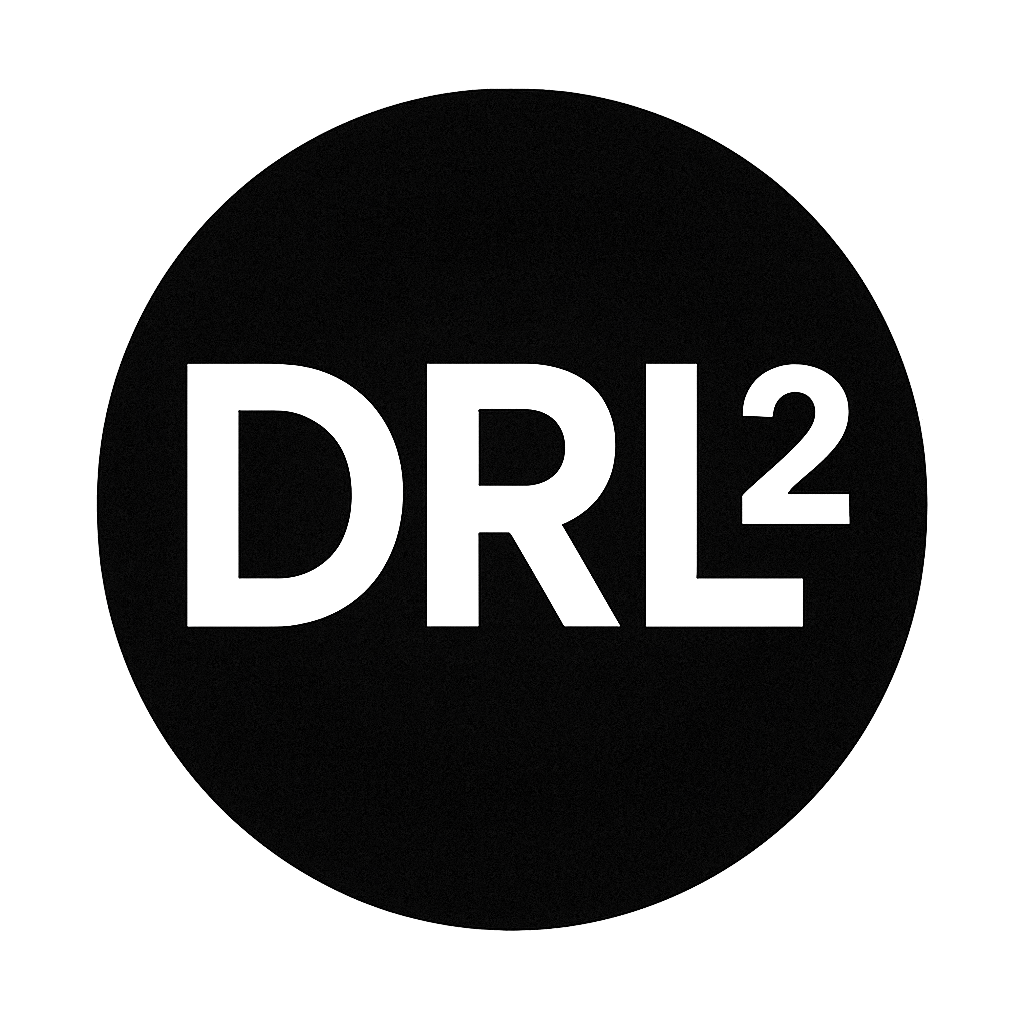When the System Forgets Us on Purpose
Every unrecognised condition is a heavier burden on someone else. A partner. A parent. An adult child with their own diagnosis, dreams, breakdowns postponed. Where’s their line in the budget?

There’s a quiet purge underway.
Its language is clean.
Its impact is not.
Beneath the rhetoric of reform, a more sinister motive reveals itself:
Simplify the claimant.
Sanitise the data.
Scrub out the complex.
I speak as both a retired clinical pharmacologist and a disabled person with lived experience inside the bureaucratic wreckage of this system. I also speak from proximity — from the daily, exhausted frontline many of us live on — watching loved ones slip between diagnostic categories, paperwork cracks, and the economic logic of cruelty.
This isn’t theory. This is real.
And it’s happening now.
The Ones Who Don’t Fit Are Always First to Fall
There are people — thousands of them — for whom the state no longer has language.
People who are both physically incapacitated and behaviourally volatile.
People living with Antisocial Personality Disorder (ASPD) alongside conditions like Myalgic Encephalomyelitis (ME).
Too sick to work.
Too unstable to engage.
Too complex to categorise.
They are erased before they are even seen.
The Pariah Diagnosis Meets the Invisible Illness
ASPD is not just “bad behaviour.”
It is a recognised mental disorder marked by disinhibition, fractured empathy, and volatile mood regulation.
Now combine that with ME — a condition that crashes the body for days after minor activity. You’re left with someone who:
- Can’t tolerate structured routines
- Struggles to maintain hygiene or nourishment
- Swings between collapse and chaos
- Isn’t just hard to care for — but impossible to neatly assess
They don’t belong in any of the DWP’s new boxes.
Reform Is Not the Word. It’s Abandonment
The government’s plan?
Withdraw Personal Independence Payment unless a claimant scores 4 points in a single category.
What if your needs scatter across five?
What if your disability doesn’t look good on a graph?
What happens when the carer — the only person keeping the whole mess from becoming a safeguarding alert — burns out?
Because they will.
The Carer Is the System, Too
Every unrecognised condition is a heavier burden on someone else.
A partner. A parent. An adult child with their own diagnosis, dreams, breakdowns postponed.
Where’s their line in the budget?
Where’s their therapy, respite, or PIP?
The state acts as if the household is a self-cleaning unit. It isn’t.
It’s a slow implosion.
And when PIP goes, the implosion accelerates.
The New Offer: Silence and Apps
Instead of financial support, some proposals now offer non-cash “treatment alternatives.”
Online modules. Behaviour courses. Mindfulness interventions.
As if:
- ASPD can be resolved with a mood-tracking app.
- ME can be walked off with “resilience training.”
- Decades of systemic neglect can be undone with ten CBT sessions and a YouTube playlist.
They Don’t Want to Help the Complex. They Want to Eliminate Us from the Ledger.
This is not about supporting people to find work (as if there are employers out there anyway).
This is about friction.
Disruptive people. Noisy data.
Too loud, too messy, too hard to fix.
And so the system acts like it’s broken.
When in fact, it’s functioning exactly as designed —
to protect simplicity
and punish inconvenience.
Austerity, Dressed as Diagnosis
The 4-point threshold is a myth.
A false metric to exclude those who bleed outside the lines.
You cannot assess suicidal ideation with a clipboard.
You cannot weigh exhaustion, volatility, and despair on a scale.
This isn’t medicine.
It’s deletion.
And So, a Message to the Architects of This Cruelty
If you cut support from the most unstable and unwell among us, you won’t save money.
You’ll spend more on ambulances.
On safeguarding visits.
On institutionalisation, policing, broken homes and burnt-out carers.
You will push people into crisis, then blame them for falling.
We’re not invisible.
We’re just inconvenient.
But we are still here.
And we are not done speaking.
What You Can Do
- Share this article widely.
- Write to your MP — use or link to this piece.
- Speak up for carers and the unclassifiable.
- Demand the protection of complex, overlapping needs under PIP.
Support should never be simplified at the expense of the human beings it exists to protect.
This is not reform.
It is an algorithmic cleansing of the disabled.
Some of us don’t belong in your tidy statistics.
We never will.
But we still bleed.
We still create.
We still matter.
– Dr Lloyd Lewis
Cardiff, June 2025
